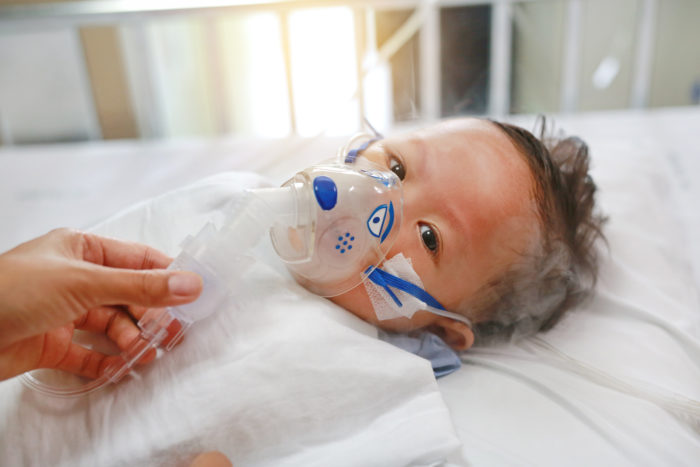Securing Babies’ Access to Life-Saving Medicine
April 29, 2021
Bringing a newborn baby home from the hospital is a joy like no other. Bringing that same baby back to the hospital for treatment of a life-threatening virus would be a nightmare. Yet for tens of thousands parents, RSV makes that traumatic return trip a reality.

While there’s no vaccine to prevent respiratory syncytial virus, “vaccine-like” drugs can protect babies through their most vulnerable years. These drugs, called monoclonal antibodies, deliver protective antibodies by enlisting the body’s natural immune system response against an infection like RSV. Realizing their potential for all babies means improving their accessibility. That comes down to the question of whether policymakers and insurance companies will cover these medications as vaccines.
If they do, the drugs might be eligible for the national Vaccines for Children Program. This would expand the number of protected children and reduce disparities in access by providing the vaccine-like drugs to eligible children at no cost. Such an approach would benefit children insured by Medicaid as well as those who are under or uninsured.
By contrast, if vaccine-like products are treated as traditional medications, they will be more costly for parents and likely harder to get. Most commercial health plans require patients to pay at least a flat co-pay for prescriptions and uninsured patients are usually responsible for a medication’s full cost. It’s also common for insurers to limit access through the use of prior authorization. Out-of-pocket costs and insurance barriers will keep kids from reaping the benefits of these preventive medications.
To understand why vaccine-like medications need to be widely available, just consider the scope of RSV in America.
It is one of the most common causes of lower respiratory tract infections in young children and the leading cause of hospitalization among babies less than one year old. The majority of RSV hospitalizations are in healthy infants born at full term.
Most RSV infections produce cold-like symptoms and are easily treated. But the virus can be much more dangerous in some infants and children. Research cites a greater rate of serious cases in babies from lower socioeconomic groups.
Vaccine-like medications are a welcome tool to protect infants and their families from the torment of a serious RSV infection. Treating these drugs like vaccines will not only assure more equitable access to them, but also save the high costs of treating preventable infections. The net result: lower costs and healthier kids.
Tags: InfantCategorized in: Blog

